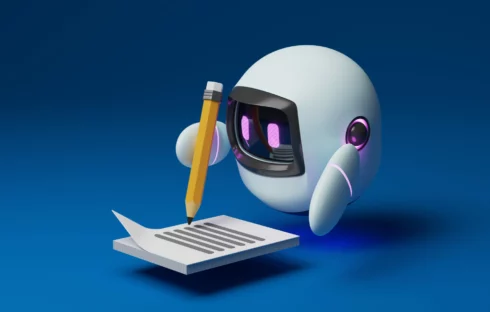
Progress Software today announced new AI code assistants and other capabilities built into the Q2 2025 release of Progress Telerik and Progress Kendo UI, .NET and JavaScript UI libraries for modern application development. This release introduces AI Coding Assistants for Blazor and React, AI-driven theme generation and GenAI-powered reporting insights, the company announced.
The AI Coding Assistants can automatically generate code in Telerik UI for Blazor and KendoReact libraries within many AI-powered IDEs, which reduces the time spent on manual edits and shortens development cycles. Further, developerws can make natural language prompts into Progress ThemeBuilder to create custom styles for Telerik and Kendo UI components, the company wrote in its announcement. The releases also include reporting summaries and insights powered by generative AI in Progress Telerik Reporting, as well as a GenAI-powered PDF processing library, which the company said can provide “instant document insights, AI prompt options in the Editor control and new AI building blocks and page templates to speed up UI development.”
Vertesia Launches New Semantic Document Preparation Service
Vertesia, a low-code platform for developing custom generative AI applications, today announced the launch of Semantic DocPrep service, a cloud-based API service designed to eliminate hallucinations and speed development.
“The two concerns we hear most from enterprise leaders are consistent: 95% accuracy isn’t good enough, and data preparation is a costly, time-consuming challenge,” said Chris McLaughlin, chief revenue officer at Vertesia. “Our Semantic DocPrep service was built to solve both – giving developers a set of APIs to automate document preparation and significantly improve the accuracy and relevancy of LLM outputs. It removes two major hurdles to building reliable, enterprise-grade GenAI applications.”
The Semantic DocPrep service works by converting complex documents, into semantically tagged XML – without rewriting or altering the source. In its announcement, the company wrote: “By preserving the original structure, relationships, and context, Vertesia ensures that large language models (LLMs) can accurately interpret documents without fabricating or misrepresenting information – dramatically improving the accuracy and reliability of model outputs.”
Designed for developers building custom GenAI apps and Retrieval-Augmented Generation (RAG) systems, Semantic DocPrep fits into modern AI pipelines, and was designed to assist in creating GenAI applications and RAG systems. According to the company, “Developers send documents—PDFs generated from Word, PowerPoint, or other formats—via an API, and receive structured XML output that’s ready for chunking, indexing, and model ingestion. No setup or model training is required.”
Get started with a free trial or learn more by visiting: vertesiahq.com






